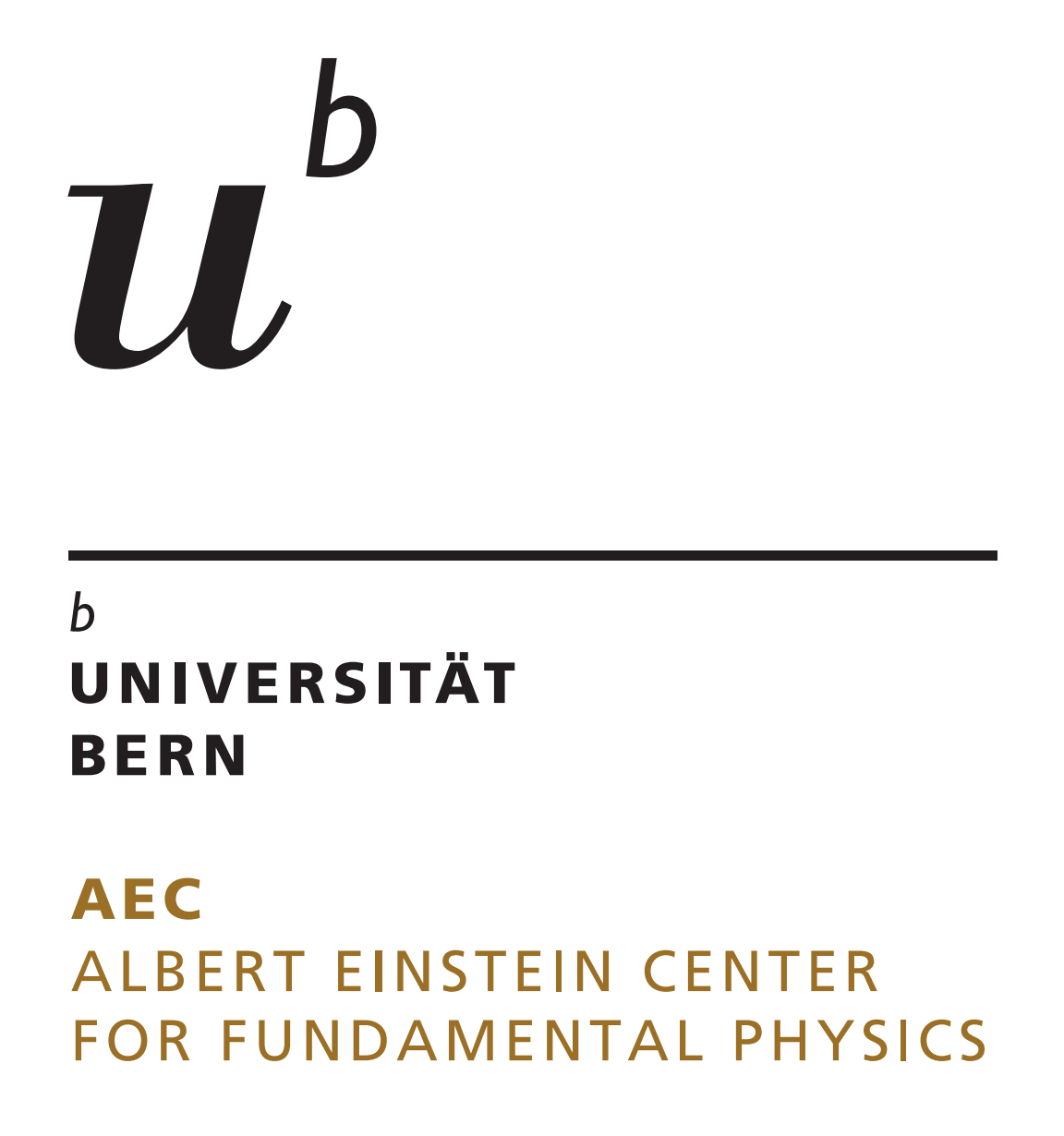Aims & Scope:
The international SIGN25 workshop on the sign problem in QCD and beyond is dedicated to the computational complexity and obstacles related to the fermion and other sign problems as they occur in simulations of various physical systems. This includes condensed matter systems and quantum field theories at finite fermion density, such as Quantumchromodynamics (QCD) at finite baryon density, systems with frustration or topological terms, supersymmetric systems, and real-time quantum systems. It is therefore relevant for problems in nuclear physics, high energy physics, astrophysics, and condensed matter physics.
The main audience of the workshop consists of physicists working on lattice field theory and condensed matter systems, but due to the computational complexity of the sign problem the workshop is also of interest to researchers in computer science, artificial intelligence and machine learning, and quantum computing. We plan to bring together scientists from these different research areas with a schedule that allows for ample exchange and discussions.
SIGN25 is organised by the Albert Einstein Center for Fundamental Physics (AEC) and the Institute for Theoretical Physics (ITP) at the University of Bern.
One day of the workshop will be organised as a mini-symposium in honor of Prof. Uwe-Jens Wiese who is retiring from our institute in 2024. Uwe-Jens has been one of the leading figures over the last 30 years in the investigation of the fermionic sign problem. Apart from contributing fundamental insights, he has also provided several algorithmic breakthroughs leading to solutions of the sign problem in condensed matter systems and QCD-related theories. He has recently been awarded the prestigious Humboldt prize of the Alexander von Humboldt Foundation.
Important Deadlines:
| Registration deadline (general): November 30, 2024 | >>> Register now |
| Abstract submission deadline: November 30, 2024 | >>> Submit an abstract |
Scam Warning:
Please be aware of potential scams claiming to make housing reservations on your behalf. During previous events at the University of Bern, participants reported having received such messages from "ops@travellerpoint.org" or similar addresses. Please ignore such emails and do not reply, click shared links, or provide your credit card information.
Invited Speakers:
Alexander Rothkopf, University of Stavanger, Norway
Fakher Assaad, University of Wuerzburg, Germany
Matthias Troyer, Microsoft Corporation, USA
Lena Funcke, Universität Bonn, Germany
Nikolay Prokofiev, University of Massachusetts Amherst, USA
Boris Svistunov, University of Massachusetts Amherst, USA
Shailesh Chandrasekharan, Duke University, USA
Emilie Huffman, Perimeter Institute for Theoretical Physics, Canada
Jens Eisert, FU Berlin, Germany
Andrei Alexandru, George Washington University, USA
Local Organising Committee:
Philippe de Forcrand, ETH Zürich/CERN
Gurtej Kanwar, University of Edinburgh
Mikko Laine, University of Bern
Tobias Rindlisbacher, University of Bern
Urs Wenger (chair), University of Bern
Uwe-Jens Wiese, University of Bern
International Advisory Committee:
Gert Aarts (Swansea)
Jacques Bloch (Regensburg)
Shailesh Chandrasekharan (Duke)
Christof Gattringer (Wien)
Benjamin Jäger (Odense)
Tamas Kovacs (Budapest)
Sandor Katz (Budapest)
Michael Kroyter (Holon)
Owe Philipsen (Frankfurt)
Benjamin Svetitsky (Tel Aviv)
|
|
 |

